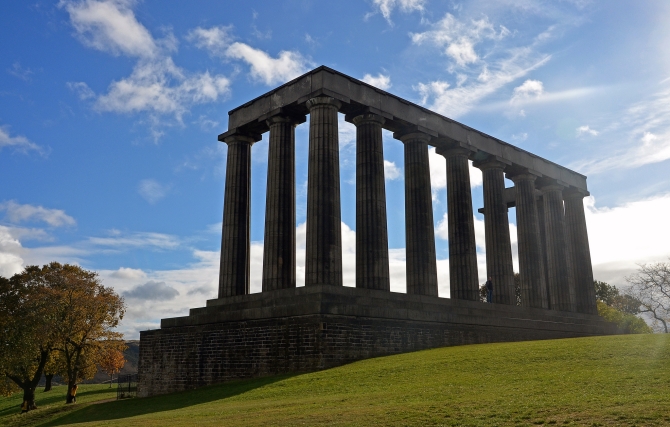A Scottish city’s decision to give away common good land to a hotel developer could cost it millions in lost revenue, experts have warned.

Earlier this year proposals for a Picardy Place hotel showed that it included a large chunk of Edinburgh’s common good land – land gifted to the Scottish capital under a 1491 Act.
As part of the city’s St James Quarter development, almost a third of a 152-bedroom hotel would be built on an existing roundabout claimed to be worth more than £2m if sold on the open market. “So we’re looking at a capital receipt for the common good fund of substantial sums of money, potentially millions,” said planner and authority on common good matters, Andy Wightman.
Alistair Letham, a director at property firm Colliers International, agrees. “Land valuations are calculated on a series of complicated factors, but the proposed five-star hotel at Picardy Place could be worth up to £15,000 per room annually,” he said, “or between £1.5m and £2.3m in total worth to the city.”
One reason behind the council’s disposal of the roundabout is its reputation as a black spot for cyclists. Replacing it with crossroads would also allow the authority to extend Edinburgh’s controversial tramline to Leith.
Gavin Corbett, a Green Party councillor and its finance spokesman, fears the common good giveaway is simply repeating mistakes of the past. He wants the Picardy Place land to be “properly valued” to ensure any proceeds are “paid at a full rate and available to invest in other treasured common good assets like the Meadows, Calton Hill or Princes Street Gardens”.
And, he added: “The city council has had difficulty with common good land in the recent past. The leasing of the Waverley Market site in the 1980s, now the Princes Mall, should have brought in millions for the common good fund, but was let on a 175-year lease for a penny a year.”
What many local politicians describe as “creeping privatisation” continued into the new century when, in 2008, the city authority handed control of much of the central common good land — which it designated a Business Improvement District governed by Part Nine of the Planning (Scotland) Act 2006 — for five years to a private consortium of businesses, Essential Edinburgh Ltd.
Today the common good fund, which in the 18th century was large enough to purchase the entire site of the current New Town, no longer generates sufficient income to invest in public spaces and has failed to do so for eight years.
Defending its latest decision, a council spokeswoman insisted the city had a “duty to secure best value from the sale or lease of any assets … and this development will create thousands of jobs and add £25m to the Scottish economy each year”.
Appropriate options for selling or leasing the Picardy Place land, she said, would be considered when details of the proposed development were known. “Any terms agreed between the council and the developer would then be considered by councillors at a future economy committee.”